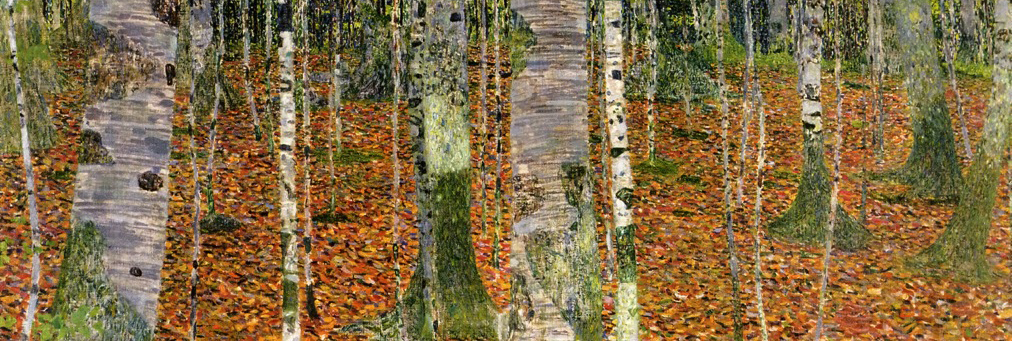
Crash Course: Environmental Philosophy
Last week saw the creation of a new series of “crash course” posts here at Daily Nous. The brainchild of Natalia Cecire (Sussex), the idea is to come up with a “one-week self education program” for “students who suddenly need to get up to speed in a field, and don’t have time to take a course or immerse themselves in it for a year,” or for professors seeking to learn about a new area for teaching or research.
Putting together the crash course is a kind of challenge. Some characteristics of the “crash course”:
- it should contain substantive primary works on the subject
- it should be reasonable to expect someone to complete the set of readings in about a week
- it should not include introductory texts (not because they’re not useful, but because, first, everyone knows to look for them, and second, they are boring as suggestions)
Cecire’s sample syllabi (links here) also include a small set of questions central to the subdisciplinary area that the student in the crash course should keep in mind while doing the readings.
This week let’s try to construct a crash course in environmental philosophy. Your suggestions, please.
(image: detail of “Birch Forest 1” by Gustav Klimt)


A comment listing all the articles that I think should be included in a week long crash course would be longer than I care to write all at once, so I’ll start with what I believe ought to be one of the first modules for such a course. That module should look something like the below (but most likely should include more readings):
The Early History of Contemporary Environmental Philosophy – Valuing nature
1. Richard Sylvan “Is There a Need for a New, an Environmental Ethic”
2. John O’Neill “The Varieties of Intrinsic Value”
3. Lori Gruen “Re-Valuing Nature”
4. Eugene Hargrove “Weak Anthropocentric Intrinsic Value”
5. Robert Costanza et al. “The Value of the World’s Ecosystem Services and Natural Capital”
6. Mark Sagoff “On the Economic Value of Ecosystem Services.”
Since I have a free moment: another module (again, it could probably use additional content):
Environmental Justice
1. Susan L. Cutter et al. “Social Vulnerability to Environmental Hazards”
2. Kristin Shrader-Frechette “Environmental Justice: Creating equality, reclaiming democracy”
3. David Schlosberg “Reconceiving Environmental Justice: Global Movements And Political Theories”
I would also recommend in terms of foundational thinkers:
1. Arne Naess “The Deep Ecological Movement: Some Philosophical Aspects”
2. Garrett Hardin “The Tragedy of the Commons”
3. Aldo Leopold “The Land Ethic”
Another 2 modules:
Ecofeminism
Val Plumwood “Ecofeminism: An overview and discussion of positions and arguments”
Greta Gaard and Lori Gruen “Ecofeminism: Toward global justice and planetary health”
Karen J. Warren “The Power and Promise of Ecological Feminism”
Chris Cuomo “Unravelling the Problems in Ecofeminism”
Dorceta E. Taylor “Women of Color, Environmental Justice, and Ecofeminism”
Greta Gaard “Towards a Queer Ecofeminism”
Carol J. Adams “Ecofeminism and the Eating of Animals”
Philosophy of Conservation Biology (I don’t know if other people think this is a thing but I think it should be, so I’m including it)
Douglas J. Buege “An Ecologically-Informed Ontology for Environmental Ethics”
Mark Colyvan and Katie Steele “Environmental Ethics and Decision Theory: Fellow travellers or bitter enemies?”
Gregory Cooper “Must There Be a Balance of Nature?”
Marc Ereshefsky “Where the Wild Things are: Environmental preservation and human nature”
Yrjo Haila “Beyond the Nature-Culture Dualism”
Jay Odenbaugh “Philosophy of the Environmental Sciences”
Mark Sagoff “Fact and Value in Ecological Science”